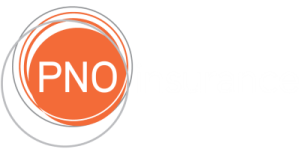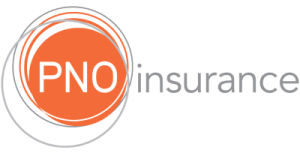
Do you have the right insurance to work from home?
Business operations have vastly changed since the onset of Covid-19. For some firms, having employees work from home was never a viable option. Attitudes and advancements in technology have since changed with many businesses now run by an army of employees set up in home offices. And it isn’t just home offices, with ‘side hustles’ becoming a popular way to bring in additional income from the comfort of home.
The working from home phenomenon is now embraced by many, but what are the insurance considerations for those that do? Thousands of Australians may be taking out home and contents insurance policies that aren’t valid because of business activities run from the home. You may recall the recent case of family who lost their house in a fire and then had their home insurance voided because they operated a farmgate egg operation from their property. Circumstances such as this can be unnerving and it is critical to ensure you, your home and your business are adequately protected.
The working from home distinctions you need to know
In a nutshell, when it comes to your home and contents policy there is a difference in working from home for an employer or running a business from your home.
For those that have an ABN registered to a home address and conduct business from that address, it is vital that this is disclosed to your insurer before taking out a policy, regardless of the size and nature of the business. Where a home and contents insurer allows you to run a business from home, it does not mean that the business itself is covered under that policy and there may be additional liabilities that need to be factored in. In these circumstances, additional insurance may be required to ensure you, your business and your home are protected.
For employees working from home for an employer, you do not generally need to disclose this to your insurer. If however, you are running a business from home or a studio on your property then we encourage you to disclose this to your insurance broker. Good examples of home businesses that do change the risk profile for an insurer include yoga, pilates or personal training studios; cooking classes and workshops.
it is important that you carefully read your policy and refer any questions or send through any endorsements to your broker or insurer directly.
How to avoid risking your home insurance
Like any insurance policy, transparency is key. When you take out or renew a policy, the insured has an obligation to take care to not misrepresent circumstances or conditions to the insurer. Failure to so can result in your policy being voided. Seeking the expertise of a broker, who is well placed to assess your risk profile and source the appropriate insurance, can assist in navigating the intricacies of insurance protection.




